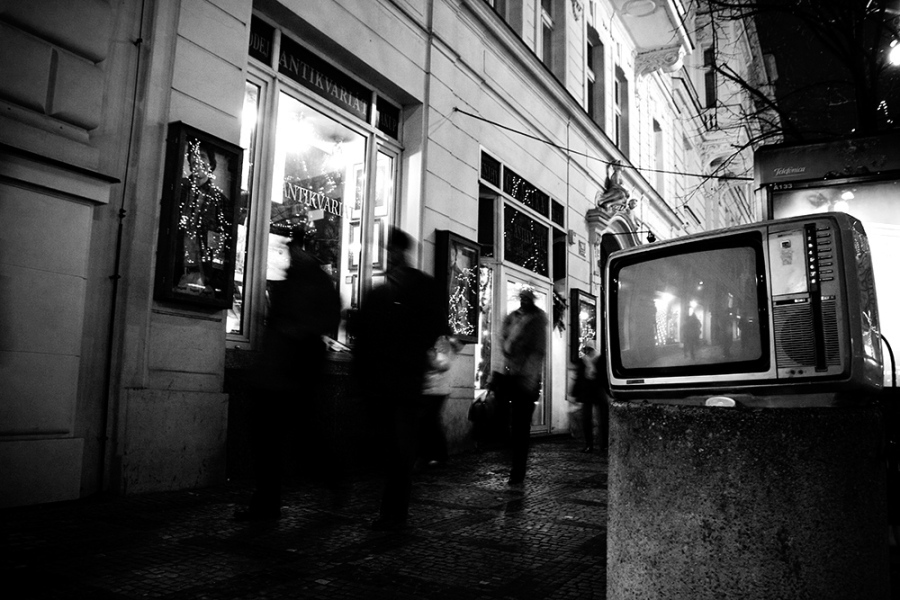With down time around the holidays, I’ve been thinking about an older idea called “ambient TV,” taken from Kyle Chayka’s piece in The New Yorker on “ambient television.” Using Emily in Paris as an example, along with scores of cooking and home improvement shows, Chayka compares ambient television to ambient music, quoting composer Brian Eno, that it is “as ignorable as it is interesting.”
Ambient television, like its music counterpart, is meant to move between background and foreground seamlessly. As we scroll through Twitter or write an e-mail, Emily’s prosaic journey continues on screen. Then, our eyes look up again, taking in the Haussmannian boulevards and cafe conversations. We can figure out what happened in our mental absence and expect a calming, comfortable view when we look up. We don’t get lost, and the drama is largely inconsequential. But unlike something “boring,” it still entertains. As Chayka writes:
Ambient denotes something that you don’t have to pay attention to in order to enjoy but which is still seductive enough to be compelling if you choose to do so momentarily. Like gentle New Age soundscapes, “Emily in Paris” is soothing, slow, and relatively monotonous, the dramatic moments too predetermined to really be dramatic.
Analyzing Emily in Paris and other shows, Chayka remarks on their placidity and homogeneity. Seamless edits, drifting montages, voice-overs, B-roll, and other editing techniques smooth over discord and difference, lulling us into a frictionless drift, as we move our eyes and attention between screens, tasks, and distraction.
Continue reading “Ambient TV, Comfort Watching, and Focus”

